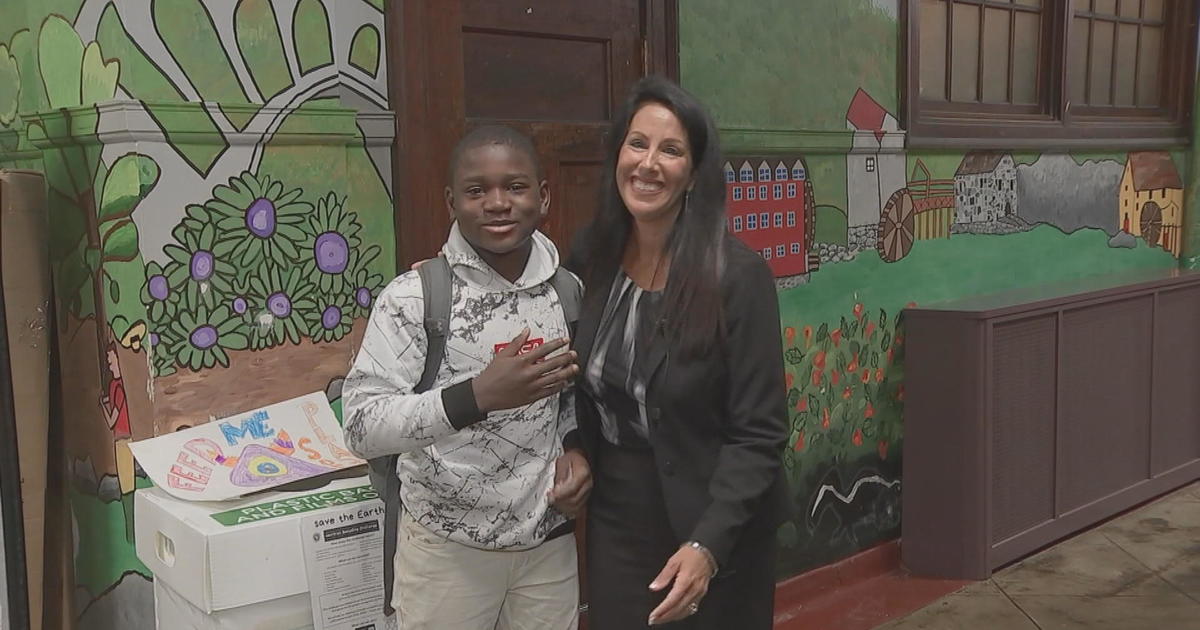Report: 93 Percent Of Bottled Water Contained Microplastic Particles
PHILADELPHIA (CBS) — A study with a limited sample found that a person who drinks a liter of bottled water a day might be consuming tens of thousands of microplastic particles each year.
Transgender Woman Files Lawsuit Against Tinder For Deleting Her Account
Bottled water is a huge industry in the US. Now new tests from journalism group Orb Media and the State University of New York have discovered tiny particles of plastic in some water.
Researchers tested more than 250 bottles using this special kind of dye that sticks to plastic.
"Under certain wavelengths of light it causes them to sparkles likes stars in the night sky," Sherri Mason of the State University of New York said.
Woman Nearly Has Nose, Ears Clawed Off During Otter Attack
Plastic was identified in 93-percent of samples. The concentration ranged from 0 to more than 10,000 likely plastic particles in a single bottle.
"It's an indication that we should be concerned. It's not catastrophic , the numbers that we are seeing. But it's concerning and especially if you look at if you are drinking only bottled water and you do this every day," Mason explained.
Researchers tested 11 popular brands of water bought in nine countries including the United States.
The World Health Organization says currently there is no evidence microplastics affect human health.
Some scientists say more research is needed.
Study: Exercise May Help Prevent Dementia In Women
"As we become more aware of the prevalence of microplastics and the potential of harm they might cause, I think we need to start thinking now about how we can reduce those inputs," said Andrew Maye of University of East Anglia.
The International Bottled Water Association tells CBS News there is no consensus on testing for micro-plastics or the potential health impacts.
The group says this new study is not based on sound science and is unnecessarily scaring consumers.
The FDA says it's closely following research on microplastics and their potential to enter the food supply.



